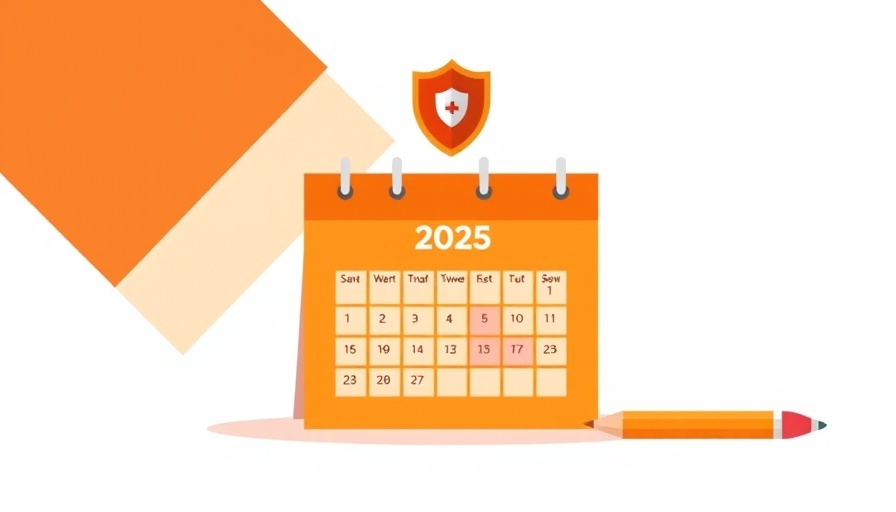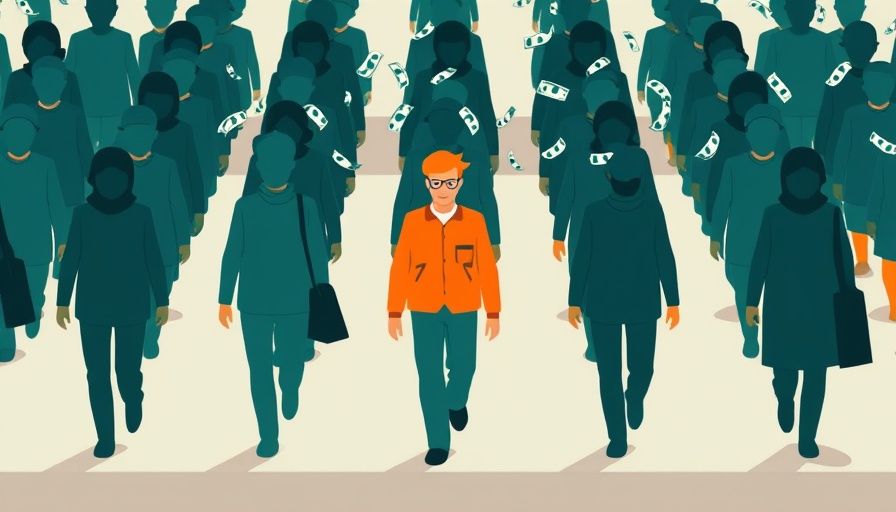
2025: A Pivotal Year for Fraud Prevention
As we look toward 2025, the battle against fraud is shifting gears. Over recent years, financial institutions have strengthened their defenses, and regulators have demanded greater accountability, yet fraudsters continuously evolve their tactics. The year ahead signals a transformative stage in fraud prevention, where emerging technologies, stricter regulations, and unified efforts across industries will redefine the landscape.
Key Fraud Prevention Trends to Watch in 2025
This year, the focus on protecting individuals and communities becomes paramount. Here are major trends shaping the future of fraud prevention:
1. Accelerating Regulations: The Age of Accountability
2025 marks the emergence of “failure to prevent” fraud initiatives, especially within financial institutions. These increasing expectations, spearheaded by the UK, imply that leaders will be held accountable for not only securing their organizations but also for performing due diligence to prevent fraud. This will foster a climate where institutions are not just focused on profits but also on social responsibility.
The implications are significant—better technology and more comprehensive training for staff will become mandatory as institutions take a stand against various financial crimes, from money laundering to human trafficking. This intensified oversight showcases a commitment to a secure financial landscape, allowing consumers to regain trust.
2. Unified Front: Collaboration Over Competition
Traditionally, efforts against fraud were fragmented, spreading across various sectors without unity. However, collaboration will emerge as the winning strategy in 2025. Initiatives like the FIRE pilot program—a collaboration between banks and tech firms—demonstrate that when organizations unite, they can leverage shared intelligence to combat fraud effectively.
This collaboration fosters early detection of suspicious activities, preventing fraudulent transactions before they occur. This unity not only enhances customer safety but also raises the standard of the financial ecosystem, establishing a more resilient system against fraud.
3. The AI Challenge: Navigating Technology's Dual Edge
The rapid evolution of artificial intelligence poses unique challenges in fraud prevention. In 2025, understanding its dual nature—both as a tool for fraudsters and a means of protection—is crucial. While AI technologies can create deepfakes and synthetic identities that trick users, they also empower investigators to sift through vast amounts of data efficiently. By managing AI effectively, financial institutions can detect patterns and prevent fraudulent schemes more efficiently than ever.
4. Preparing for a New Era of Digital Fraud
With increasing digital transactions, the avenue for fraudsters will likely widen. Fraud will evolve to encompass innovative schemes that exploit consumers’ reliance on technology.
Financial institutions will need to adopt continuous educational programs for both employees and consumers, ensuring that everyone is aware of evolving threats and equipped with the knowledge to protect themselves. The goal is to create a more informed public that feels empowered in the face of rising digital crimes.
5. Bridging Financial Literacy Gaps
As the financial landscape transforms, improving financial literacy will play a crucial role in reducing fraud susceptibility. Consumers must understand how to recognize fraud, monitor their accounts, and seek help when needed.
Connect your everyday financial habits to awareness of fraud—advocating for consumer education can build resilience across communities. By encouraging discussions and workshops around financial literacy, individuals can better protect themselves and contribute positively to the collective fight against fraud.
Conclusion: Action Steps Towards a Secure Financial Future
The trends for 2025 show that the landscape of fraud prevention is set to change significantly. We must embrace the challenge ahead, advocating for collaboration, accountability, and education. By taking active roles in our financial futures, we can emerge stronger against fraud as institutions strive to protect us.
While 2025 beckons with promise, ongoing vigilance and commitment will pave the way for a more secure financial environment. Now is the time to get informed, stay alert, and participate in this essential conversation about fraud prevention.
 Add Row
Add Row  Add
Add 




 Add Row
Add Row  Add
Add 








Write A Comment